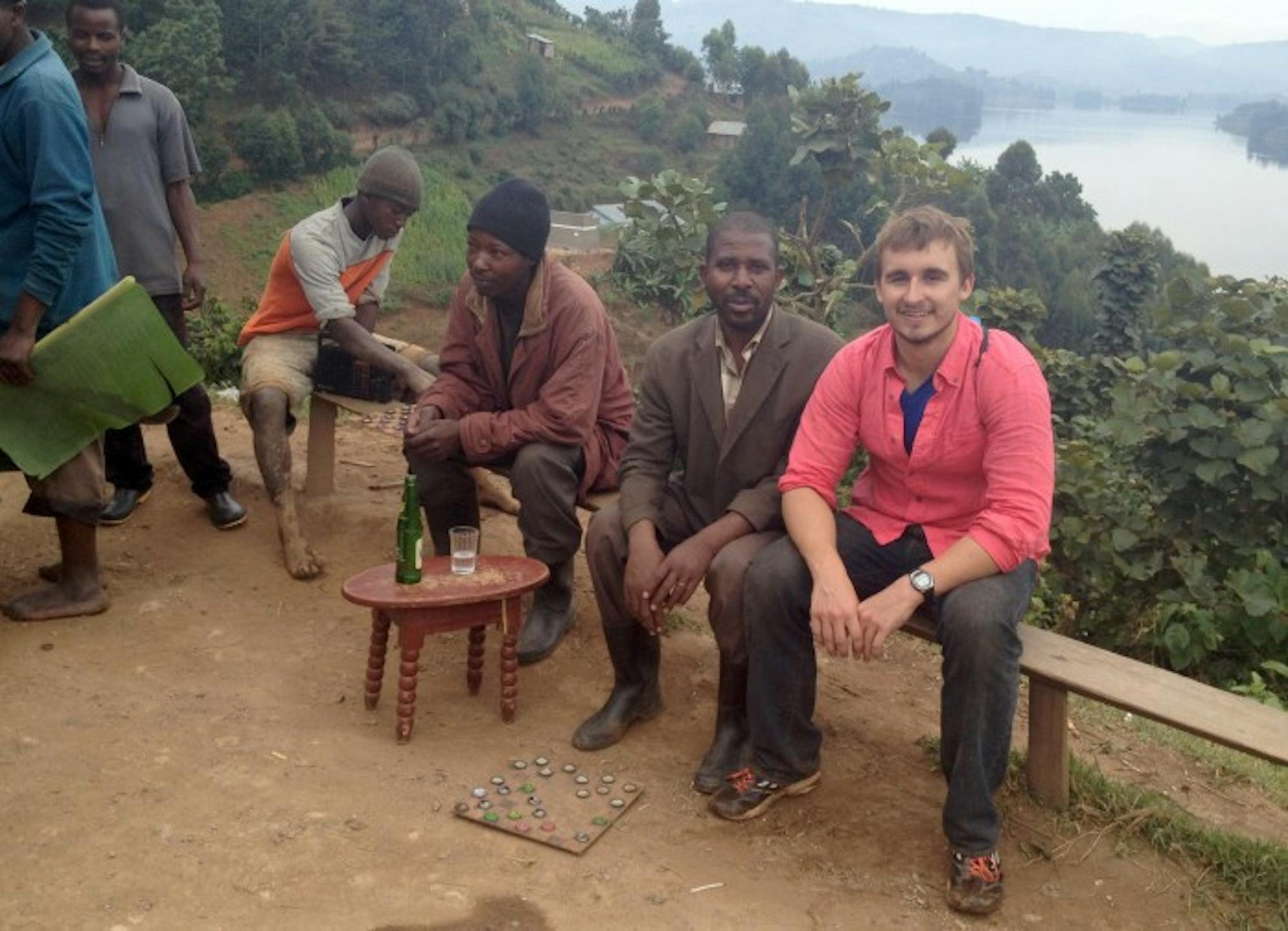This summer Notre Dame students traveled both across the country and around the globe to conduct research in an array of academic fields as a result of independent searches and University-funded programs.
The Nanovic Institute of European Studies, the Kellogg Institute for International Studies and the Center for Undergraduate Scholarly Engagement (CUSE) were three Notre Dame institutions that helped provide such funding.
Jen Fulton, student coordinator at the Nanovic Institute, said partial or full funding was provided to 52 students to conduct research in 15 countries, including the United States.
“This is the story of the Nanovic Institute,” she said. “If [a proposed project] has to do with Europe, we’re interested in helping students do their projects, whether they are from the College of Science or the College of Engineering or Mendoza or Arts and Letters or Architecture.”
With the number of funded students increasing from year to year, Fulton said the Institute is on a general upward trend of student involvement. She also said the variety of research fields “really runs the gamut.”
“We have students who were doing lit research on French literature,” she said. “We had some scientists over doing some internships in labs. We had some vocational students looking at doing service in Le Mans. Architecture students away on digs in Ireland.”
Fulton said students today are entering a much more difficult and competitive job market where international experience and independent research can help set them apart.
“I think it’s really exciting that people like us here at the Nanovic Institute are giving students the opportunity to do that independent research and do internships that may not have been a possibility for them if they didn’t have the funding to do so.”
While the Nanovic Institute funded European projects, other students partnered with the Kellogg Institute to do research in Africa, Asia and the Americas.
Senior Graham Englert, who conducted research throughout Uganda under a Kellogg/Kroc undergraduate research grant, said he was one of about 50 Notre Dame participants who partnered with the Kellogg Institute this summer.
As students travelled to 20 different countries to conduct their research, some partnered with organizations such as WorldTeach and the Foundation for International Medical Relief while others, like Englert, conducted independent research.
“I completed ethnographic research during the first two weeks in Kampala and Jinja,” he said. “For the final three weeks, I interviewed health workers with experience responding to Ebola and Marburg [virus] outbreaks in Gulu, Kabale and Bundibugyo.”
Englert said he prepared for the experience by examining various global health research methods while attending global health and international development conferences at Notre Dame and other institutions.
“Interning in the Crowe Laboratory at the Vanderbilt Vaccine Center sparked my interest in viral hemorrhagic fevers (VHF) when I assisted a graduate student studying antibodies to Ebola and Marburg,” he said. “Reviewing literature enabled me to identify lapses in knowledge regarding the risks of responding to such outbreaks.”
Due to the frequency of VHF outbreaks in Uganda, which included four Ebola and two Marburg outbreaks since 2000, Englert said the country stood out as an informative area to conduct research.
“I investigated the psychological and social risks posed to health workers when responding to viral hemorrhagic fever outbreaks,” he said. “Psychological risks were defined as depression, anxiety and trauma. Social risks referred to any stigmatization or other negative repercussions from the public.”
Englert said although he initially experienced anxiety at the prospects of interviewing health workers about such a sensitive topic, his first interviews in Gulu went well and left him energized for his remaining time in Uganda.
Meanwhile in the United States, senior Jonathan Jou researched tendon and ligament regeneration in zebra fish through the Harvard Stem Cell Institute Internship Program partnered with the Center for Regenerative Medicine at Massachusetts General Hospital.
“I was initially looking for an opportunity to do research off campus,” he said. “I’d considered the [National Institutes of Health], I’d considered an Amgen internship with MIT, but ultimately my advisor Dr. Wingert suggested I look into the Harvard Stem Cell Institute.”
Jou said the research showed him the benefits of following the proper faculty members and following one’s passion.
“I learned that even though you’re 20 or 21 … you can still have big dreams,” he said. “People will embrace it as long as you can find the right audience.”
Students capitalize on summer research opportunities
Photo courtesy of Graham Englert
Senior Graham Englert poses with community members around Lake Bunyonyi outside Kabale in southwest Uganda. Englert studied the effects of disease outbreaks on healthcare workers in the region this summer.









